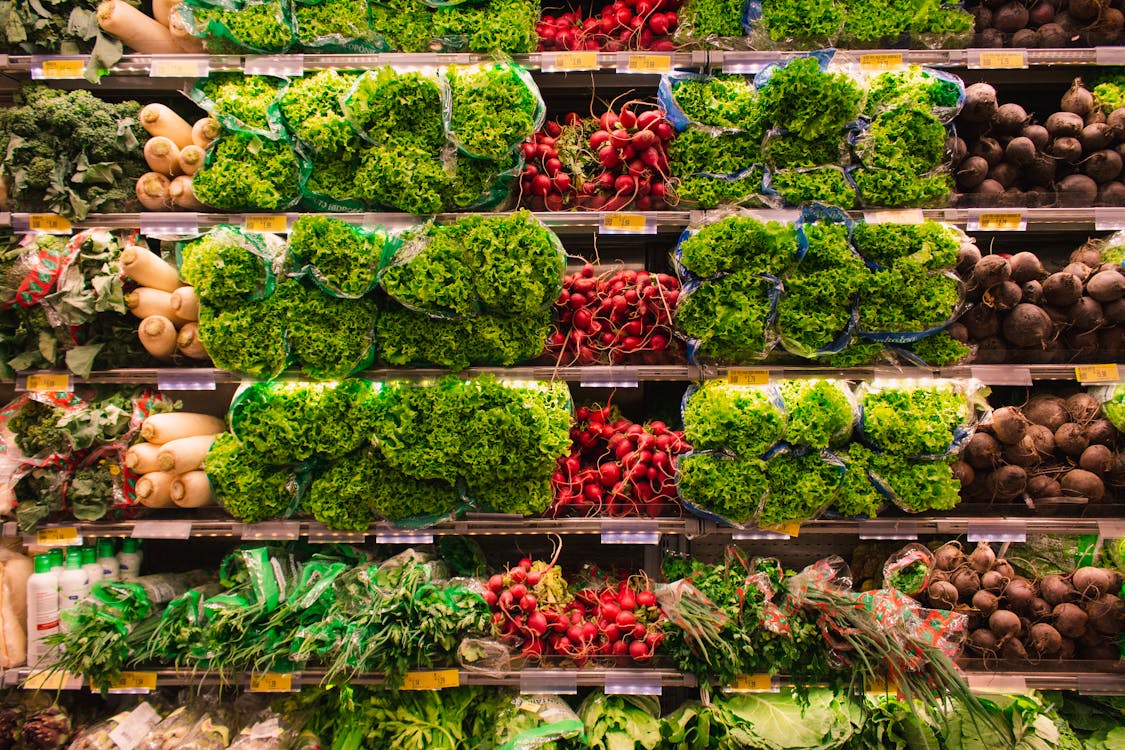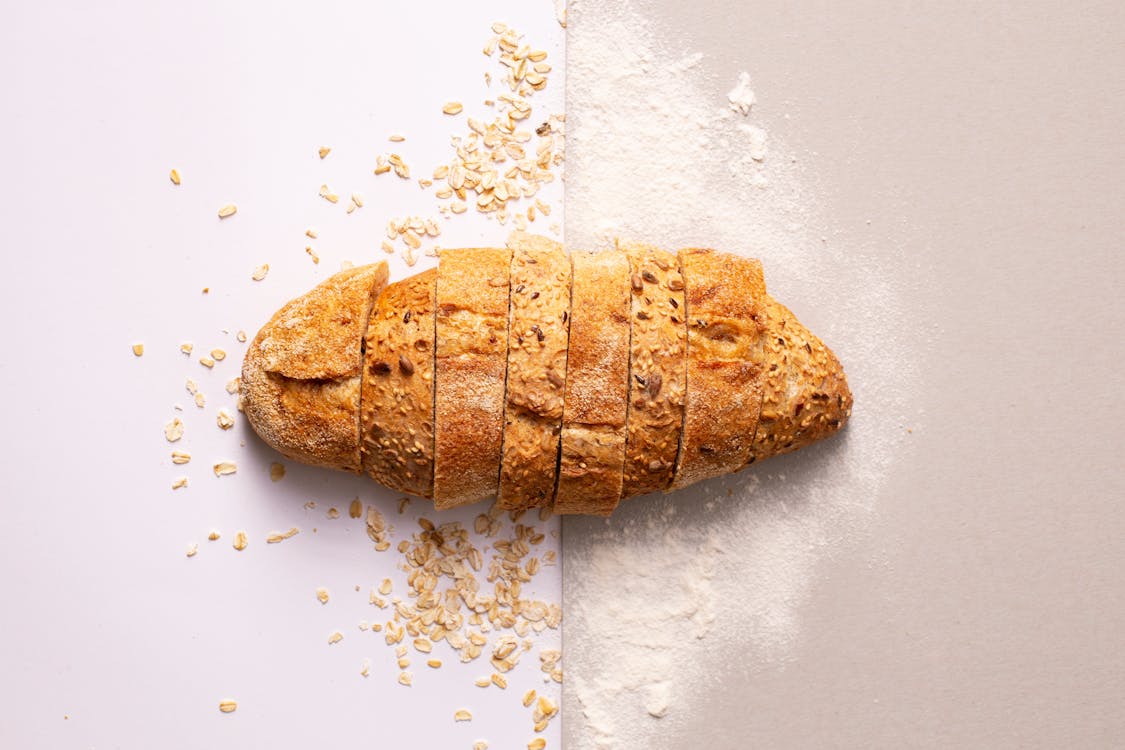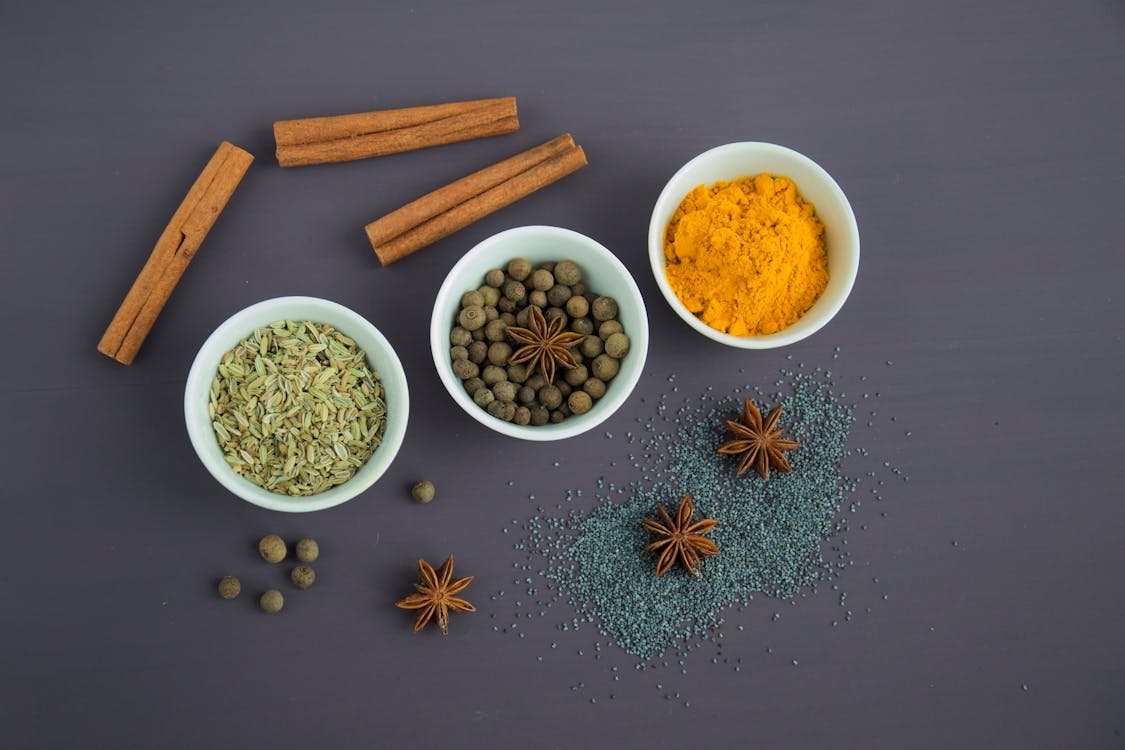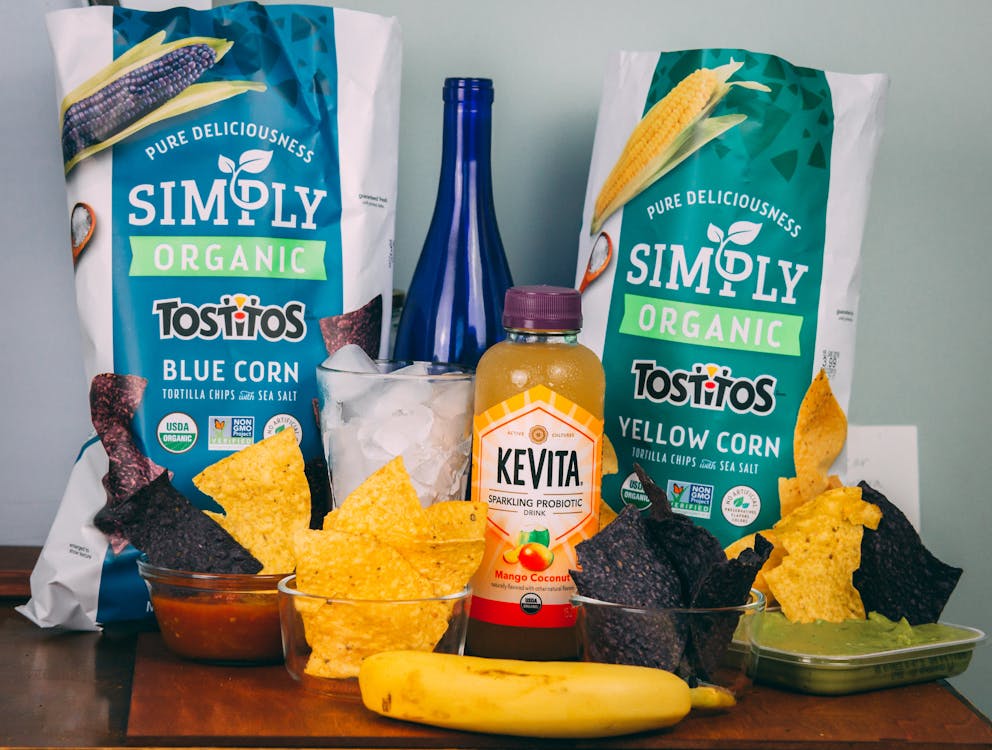Smart Shopping: Grocery Items to Avoid Buying in Bulk
Bulk buying at the grocery store can seem like a savvy move, promising savings and convenience. However, not all items are suited for bulk purchases. In fact, some can lead to waste, spoilage, or simply take up too much space. In this article, we'll explore the grocery items that are best avoided when buying in bulk, helping you make smarter and more efficient shopping decisions.
1. Fresh Produce with Short Shelf Life

While it's tempting to load up on fresh fruits and vegetables in bulk, items with a short shelf life can easily go to waste. Examples include:
Leafy Greens: Items like spinach, lettuce, and kale tend to wilt and spoil quickly, especially in large quantities.
Berries: While delicious and nutritious, berries have a limited shelf life and are prone to mold if not consumed promptly.
Herbs: Fresh herbs like parsley, cilantro, and basil lose their flavor and vibrancy within days, making bulk purchases impractical.
2. Bread and Baked Goods

Unless you have a large household or consume bread daily, buying in bulk can lead to stale loaves and wasted slices. Bread products, such as bagels, muffins, and specialty bread, are best purchased in quantities that align with your consumption habits.
3. Dairy Products

While some dairy items can be frozen for later use, others are best avoided in bulk due to their perishable nature:
Milk: Unless you have a high consumption rate, buying multiple gallons of milk can lead to spoilage before use.
Cheese: Hard cheeses like Parmesan can be frozen, but softer cheeses may not retain their texture and flavor after thawing.
Yogurt: Individual servings or smaller containers are ideal unless you have a specific plan for bulk yogurt.
4. Spices and Seasonings

Spices add depth and flavor to dishes, but their potency diminishes over time. Buying in bulk might seem cost-effective, but consider the following:
Ground Spices: Items like ground cinnamon, paprika, and cumin lose their flavor and aroma over time.
Whole Spices: While whole spices have a longer shelf life, they can still degrade in quality if stored for too long.
5. Specialty and Exotic Ingredients
While it's exciting to experiment with new recipes, think twice before buying exotic or specialty ingredients in bulk:
Unfamiliar Condiments: Unique sauces, dressings, and condiments may sit unused in your pantry for months.
Ethnic Foods: Ingredients for specific cuisines, such as miso paste, curry powders, or coconut milk, should be bought as needed unless they are staples in your cooking.
6. Bulk Snacks and Treats

It's easy to get carried away in the snack aisle, but consider the following before buying large quantities:
Perishable Snacks: Items like fresh deli meats, prepared salads, and dips have a limited shelf life once opened.
Chocolates and Candies: While tempting to stock up, chocolates and candies can lose their freshness and flavor over time.
7. Household and Cleaning Supplies
While not food items, household products should also be considered:
Liquid Cleaners: Large bottles of liquid cleaners or detergents can take up storage space and lose effectiveness over time.
Paper Products: Unless you have ample storage, buying bulk packs of paper towels, napkins, or toilet paper might lead to clutter.
Why Smart Shopping Matters
Avoiding bulk purchases of these items not only reduces the risk of waste but also ensures that your groceries remain fresh and flavorful. By purchasing only what you need for the immediate future, you can save money, space, and the environment.
While buying in bulk offers convenience and potential savings, not all grocery items are suited for this shopping strategy. Fresh produce, dairy products, bread, spices, and specialty ingredients are best purchased in quantities that align with your consumption habits.
By making informed decisions at the grocery store, you can minimize waste, maintain freshness, and optimize your shopping experience. Remember, smart shopping isn't just about saving money—it's also about making choices that benefit your health, your budget, and the planet.

 Cricket Score Counter
Cricket Score Counter Heads or Tails
Heads or Tails
You have not logged in, please Login to comment.